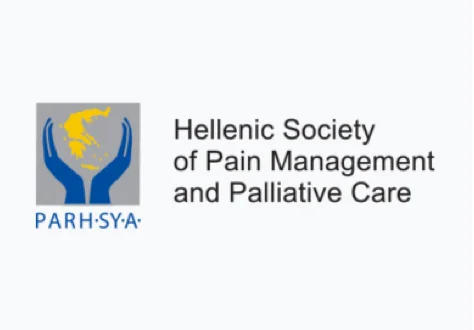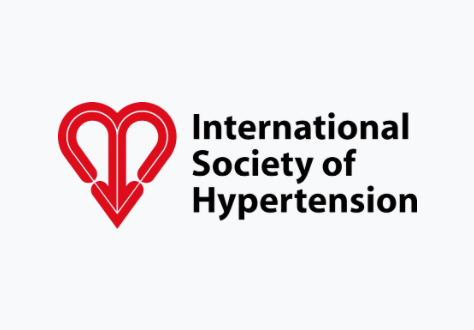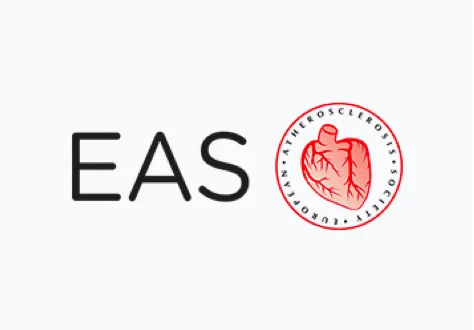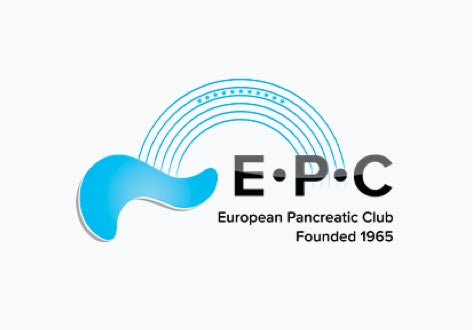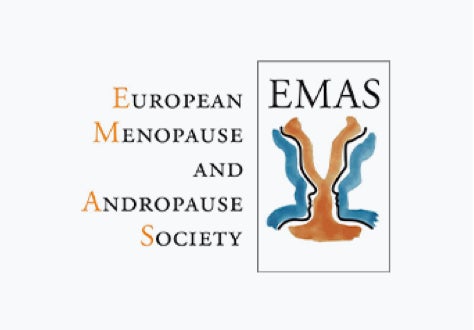
A:CARE CONGRESS
1st EDITION
OCTOBER 20th-21st, 2021
A:CARE CONGRESS
1st EDITION
OCTOBER 20th-21st, 2021
MEDICATION ADHERENCE: WHAT CAN YOU DO WITH THE MEDICAL CHALLENGE THAT STARTS AFTER THE CONSULTATION?
The a:care congress was the first ever global event on adherence management through behavioral science specifically designed for healthcare professionals.
The virtual meeting showed the collaboration between renowned experts in behavioral science and communication, and world-class professors of medicine across a number of therapy areas, as they explored strategies for improving medication adherence.
The a:care Congress 2021 explored:
- how the latest behavioral science interventions and digital technology could be applied in their clinical practice
- insights and challenges
- how to improve communication with patients
The a:care virtual congress has concluded. Recordings are available.
Global session

Program
The congress program was designed to provide a thorough grounding in the principles of behavioral science before exploring in more detail the challenges of non-adherence. The content very much combined theory with practice to give the audience an enriched learning experience. Each session was jointly led by a clinician and behavioral scientist.

Faculty members
Chaired by Prof John Weinman, Professor of Psychology at King’s College London, the congress featured sessions from international clinical experts, across multiple therapy areas including neurology, cardiology, gastroenterology and women’s health.
Eminent behavioral scientists shared their expertise and led the discussions on how effective interventions could be developed to improve adherence and, in turn, patient outcomes.
The a:care congress is a milestone in Abbott’s pioneering a:care program, developed to educate healthcare professionals, and empower patients to improve adherence to their treatment.
Endorsed by:
